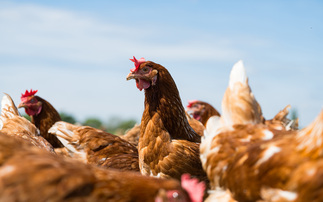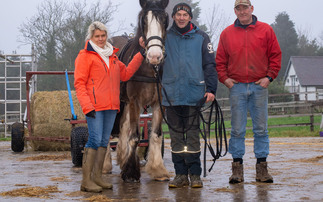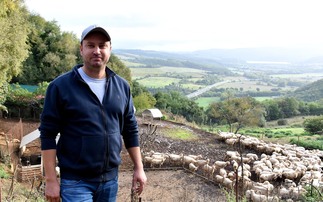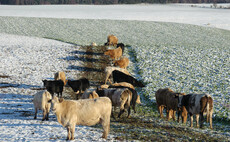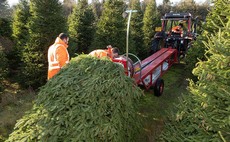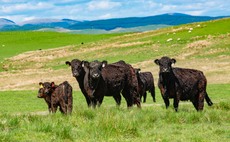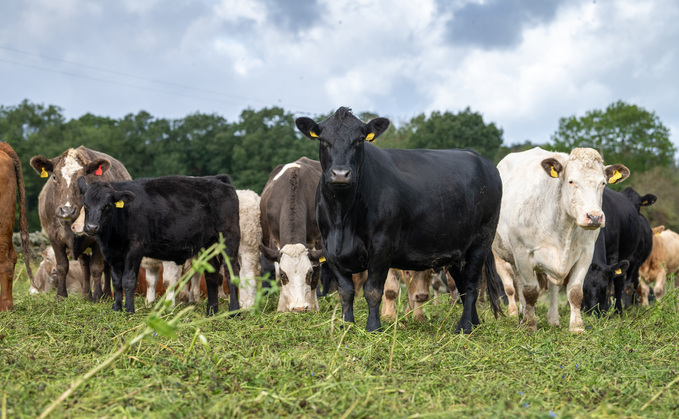
Could you identify bluetongue on farm?
What is bluetongue and what is the current situation?
Bluetongue is a notifiable disease which affects cattle, goats, sheep and camelids.
Despite being a harmful virus to animals, it does not affect people or food safety, and meat and milk from infected animals are safe to eat and drink.
The virus is primarily transmitted by midge bites, but it can also be spread through semen and embryos.
Speaking at a recent AHDB webinar, Gordon Hickman, head of exotic disease control at Defra, reminded farmers that if bluetongue was suspected on farm, it was a legal requirement to report it immediately to the Animal and Plant Health Agency (APHA).
The first UK case in the latest outbreak, serotype 3, was seen in November 2023 through the UK's annual bluetongue surveillance programme.
Mr Hickman said: "There have been more than 4,000 cases of BTV-3 on farms in Germany, Belgium and the Netherlands since May."
While in the UK, the APHA has confirmed 43 cases of BTV-3 have been detected on 15 farms in Suffolk and Norfolk since August 26.
Since November, there have been 169 detections of the airborne virus on farms in Kent, Suffolk and Norfolk.
What should farmers be doing to be prepared?
Control of midges is difficult and, although there are things that can be done to reduce their spread, it is unlikely that the risk can be completely removed on any individual farm.
However, Mr Hickman said there were steps that could help reduce the risk.
"Midges often accompany animals as they move, so movement controls and restrictions for susceptible livestock in high-risk areas can minimise the risk of infected animals without clinical signs moving the disease between holdings," he said.
He encouraged farmers to continue to be vigilant and monitor their animals frequently, and ensure their businesses have a contingency plan to respond to the disease outbreak and its disease control zone.
Farmers should also make sure both their livestock and land, including buildings and short-term lets, are registered with APHA.
Clinical signs of bluetongue:
- Fever
- Reddening of the mucosal membranes
- Sores on the nose, gum and dental pads
- Swelling of the face, lips and tongue
- Lameness
- Death and abortion or deformities in lambs or calves
- The "blue tongue", from which the disease gets its name, is not frequently seen but refers to swelling
Facts about bluetongue virus:
- Only the female midges bite. They require protein from a blood meal to produce eggs
- The virus cannot be passed to midge offspring, so any emerging larvae will not be infected
- Midges are active between April and November
- The virus can only be transmitted when temperatures are above 15C
- Midges typically bite from 4pm to 8am and can travel 3km across land
- The infection period for ruminants is 60 days
- It is possible for adult midges to overwinter
READ NOW: 'Long road ahead' with bluetongue











